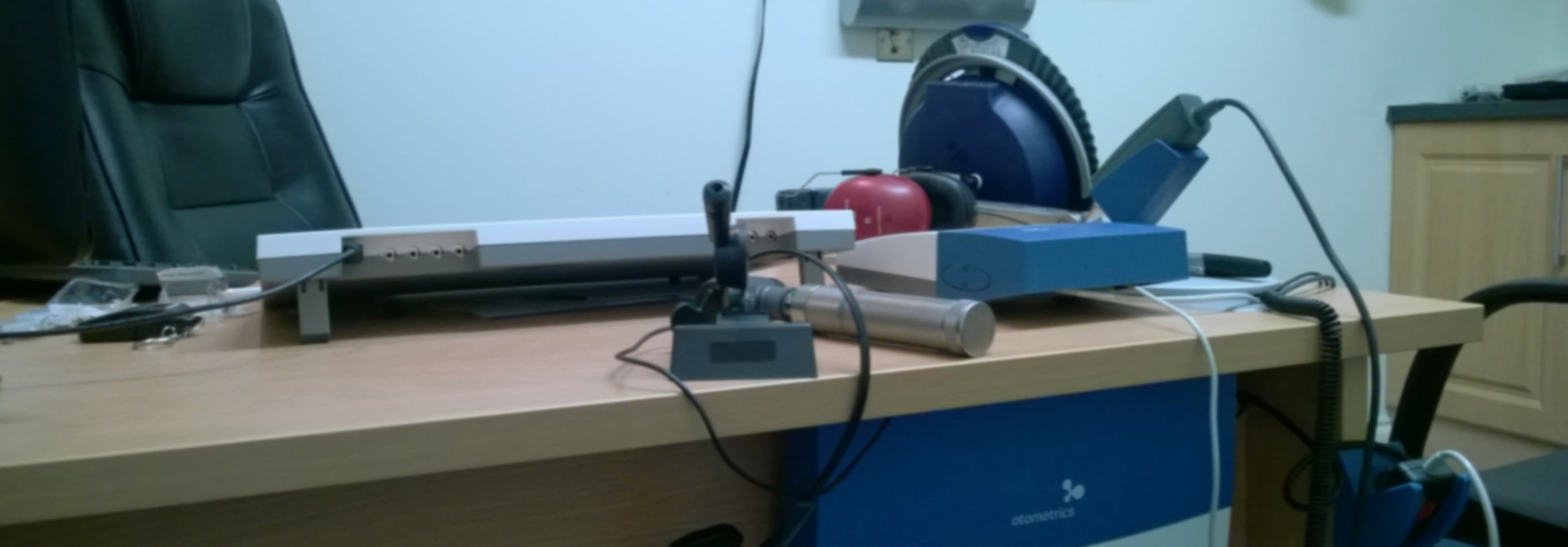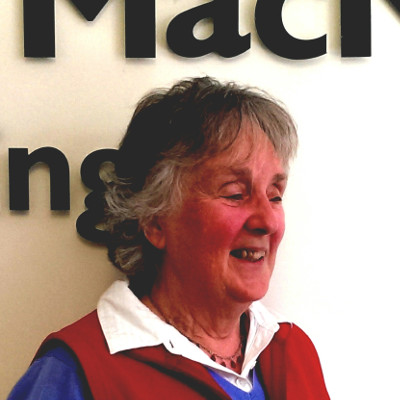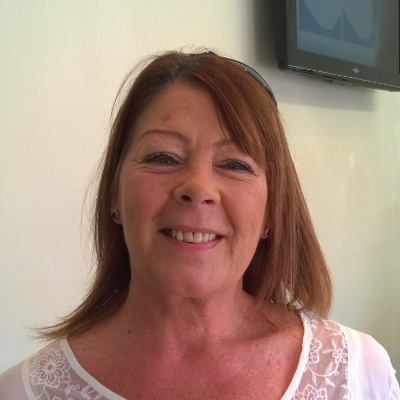The Signs of Hearing Loss and Deafness
Sudden profound deafness is easily recognisable, people will notice such a dramatic change in their ability to hear. The normal progression of hearing loss may not be noticed immediately. Hearing loss often comes on slowly, a person's terms of reference slowly changes and the way they hear becomes the norm. For most people it is difficult to recognise the condition in earlier stages.
If you notice that you need to turn the volume up on the radio or television, have difficulty understanding conversations, or need to ask people to repeat what they say, you may have hearing loss. Here are the signs you need to look out for
- Difficulty understanding people, especially in crowded places like bars or restaurants.
- Asking somebody to repeat themselves
- The need to have instructions repeated
- A high volume level on the TV or stereo
- Difficulty hearing telephone conversations
- Difficulty when people are speaking in another room
- Withdrawal from social situations
Age-related hearing loss often starts at the higher frequencies, this causes difficulty in understanding higher pitched voices. In particular you may have some trouble with women and children (whose voices are higher pitched) or telling the difference between similar consonant sounds such as "th" and "sh." Most people are usually alerted to their problems by family or friends.
The difficulty is initially especially apparent in noisy environments, because noise masks those high frequency consonants making them even more difficult to hear. If you think you have hearing loss, don't hesitate, go to see an Audiologist and have a full hearing test.
All infants and children should be screened for hearing loss, as early diagnosis and intervention can have a dramatic impact on the child's future development and educational needs. Signs of deafness in young children include not responding to noises, responding slowly, or not learning to speak by the expected age.
A deaf child may also lag behind in developing motor skills and coordination, or in learning how to balance, crawl, or walk. The biggest obstacles to early diagnosis are typically a delay in a referral to a specialist (usually when the signs of hearing loss are not recognised), or there is a lack of access to appropriate infant hearing screening.
Call us today at 01 832 4007 or 01 851 1911
Alternatively fill in our form, we'll get back to you
Contact Us






